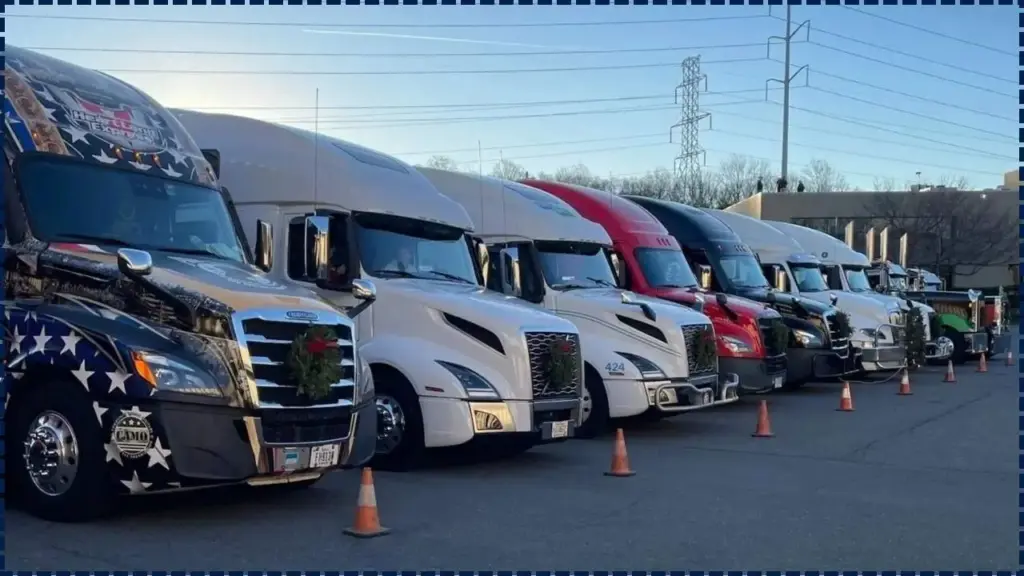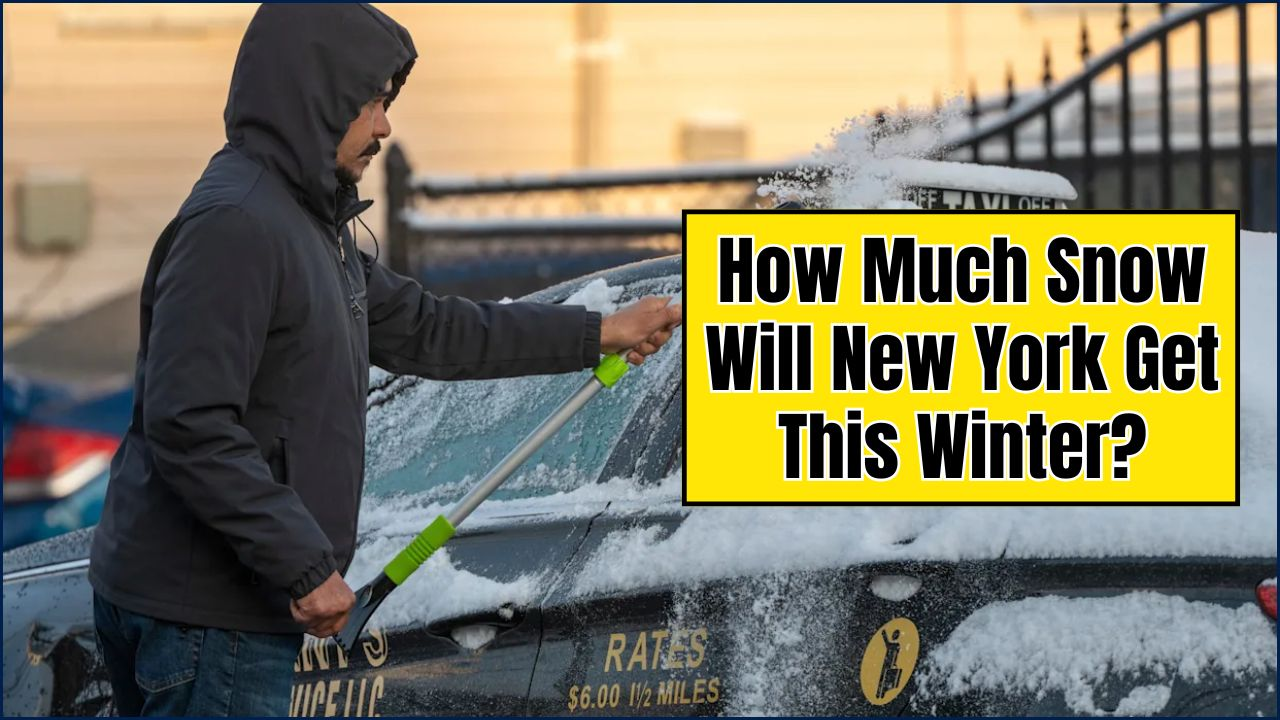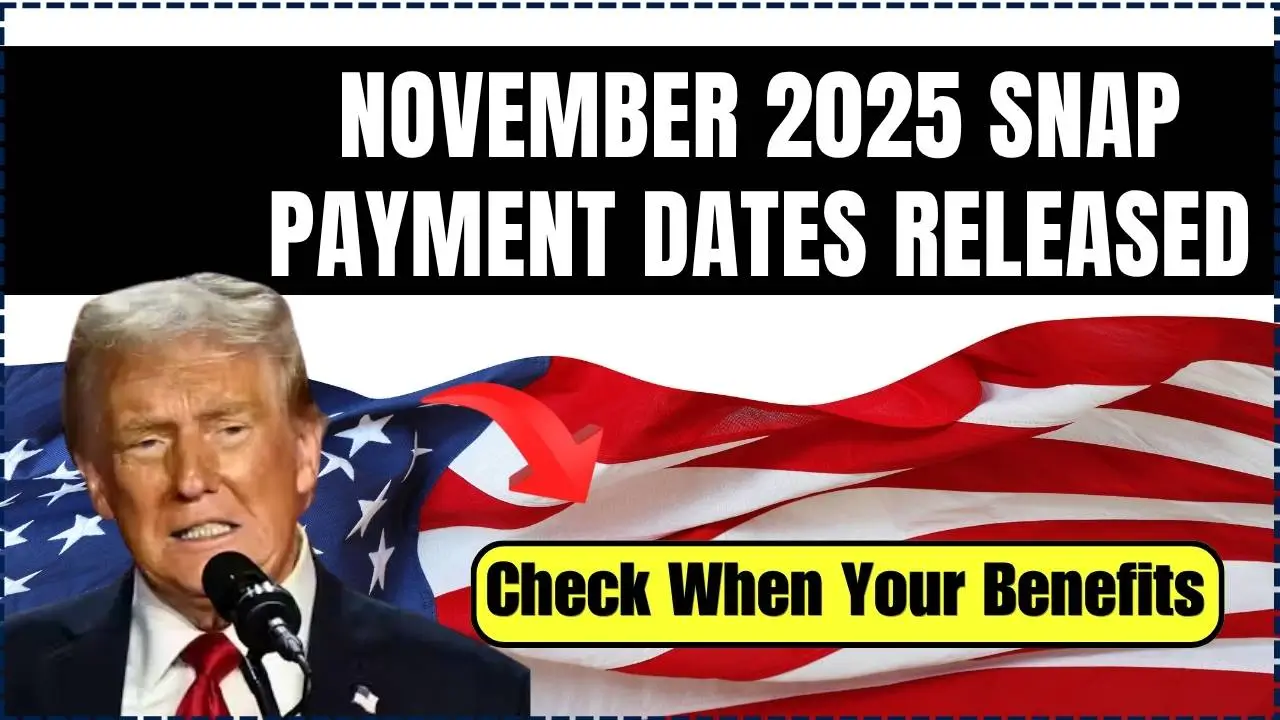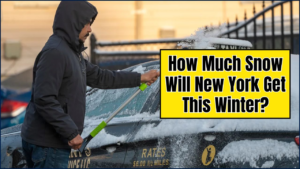A Missouri dealership was forced to pay $3,300 in sales tax after a truck with an out-of-state title was traded in, leading to registration issues. The case, which went viral on TikTok, underscores the challenges of cross-state vehicle transactions and the importance of thorough due diligence by dealerships.

Table of Contents
Viral TikTok Case Confirmed
| Key Fact | Detail |
|---|---|
| Sales Tax Debt | The dealership paid $3,300 in sales tax to resolve a registration issue caused by the truck’s out-of-state title. |
| Viral TikTok Impact | The incident was brought to public attention through a TikTok video. |
| Cause of the Issue | Discrepancies in the truck’s registration led to concerns about tax evasion. |
| Public Reactions | Viewers expressed mixed opinions, with some blaming the dealership for oversight. |
What Happened in the Viral TikTok Case?
A Missouri dealership found itself at the center of a viral controversy after an out-of-state truck trade-in led to a $3,300 sales tax debt. The incident, which was highlighted in a TikTok video, raised significant concerns about the complexities of cross-state vehicle transactions and the importance of ensuring accurate registration.
The Trade-In Incident
The story began when a customer traded in a South Dakota-registered truck at the dealership. Initially, everything appeared to be straightforward, and the dealership proceeded with the trade-in process. However, complications arose when the buyer attempted to register the truck in Missouri.
The Missouri Department of Revenue flagged the registration, as discrepancies emerged between the truck’s South Dakota title and the Missouri address of the previous owner.
Officials suspected that the vehicle had been registered in South Dakota to take advantage of the state’s lower sales tax rate (4%) compared to Missouri’s (around 9%). This practice, commonly known as title hopping, is illegal if the vehicle owner does not reside in the state where the title is registered.
The Dealership’s Response
To resolve the situation and avoid legal complications, the dealership decided to pay the $3,300 sales tax owed to the Missouri Department of Revenue. This allowed the buyer to complete the registration process without facing penalties. The dealership’s actions were documented in a TikTok video posted by the salesman, which has since garnered over 33,000 views.
In the video, the salesman explains how the dealership took responsibility for the oversight and quickly acted to resolve the issue, all while engaging viewers in a conversation about who should be accountable for such tax liabilities.
Public Reaction to the TikTok Video
The viral TikTok video sparked a range of reactions from viewers, with some siding with the dealership and others questioning its responsibility in the matter.
Mixed Opinions on Accountability
Several viewers pointed out that the dealership should have caught the issue before completing the transaction. One viewer commented, “The dealership should have checked the registration thoroughly before accepting the truck.” Meanwhile, others supported the dealership’s quick resolution, noting that the buyer was not responsible for the previous owner’s tax evasion.
The incident highlights how social media platforms like TikTok have become powerful tools for consumers to expose issues and engage in public conversations about business practices. TikTok’s broad reach allowed this particular issue to gain widespread attention and sparked a larger dialogue about the responsibilities of dealerships when handling out-of-state vehicle titles.
Legal Implications of Title Hopping
Title hopping, as seen in this case, is an illegal practice that involves registering a vehicle in a state with lower sales taxes, even though the owner resides in another state. In this instance, Missouri authorities flagged the truck because the owner used South Dakota’s low tax rate while presumably living in Missouri.
What Is Title Hopping?
Title hopping is considered tax evasion because it bypasses the sales tax obligations that would typically apply in the vehicle owner’s home state. Authorities often scrutinize vehicles with out-of-state titles to ensure that tax laws are being followed correctly. In this case, Missouri’s Department of Revenue detected the discrepancy and imposed a tax liability, which led to the $3,300 sales tax issue.
Legal Consequences for Dealerships
Dealerships found facilitating title hopping or failing to properly verify out-of-state titles can face legal action, penalties, and even reputational damage. In this case, the dealership’s prompt action likely prevented more severe consequences, but the incident serves as a warning about the importance of compliance with state tax laws.
Expert Opinions on Best Practices for Dealerships
Experts in the automotive industry stress the importance of thorough title verification when dealing with out-of-state transactions. Dealerships must ensure that the vehicle’s registration is accurate, and that any discrepancies are identified before finalizing the deal.
J.D. Power highlights that dealerships should:
- Perform Title Checks: Verify that the title matches the ownership and tax status of the vehicle.
- Understand State Tax Laws: Dealerships should be well-versed in both state and federal laws governing sales tax and vehicle registration to avoid legal complications.
- Offer Transparent Transactions: Ensure that all fees, taxes, and registration requirements are clearly explained to customers before completing the sale.
Experts also emphasize that dealerships must educate their staff about potential legal risks associated with out-of-state vehicles to avoid financial mistakes like the one seen in this viral case.
Economic Impact of Sales Tax Errors
Sales tax errors like the one in this case can have far-reaching consequences, not only for the businesses involved but also for local governments. When sales tax is evaded, states lose out on crucial revenue, which funds vital services like education, healthcare, and infrastructure.
For dealerships, failing to comply with sales tax regulations can result in hefty fines and back taxes, as well as damage to their reputation. For states, resolving such issues requires additional resources to track down tax discrepancies and enforce compliance.
Lessons Learned: What Consumers and Dealerships Can Do
How Consumers Can Protect Themselves
This incident serves as a reminder to consumers to be vigilant when purchasing vehicles, especially those with out-of-state titles. Before completing a purchase, buyers should:
- Verify the Title: Ensure the vehicle’s title is legitimate and matches the ownership information.
- Check for Sales Tax Liabilities: Make sure that all taxes and fees associated with the vehicle are accounted for before finalizing the deal.
- Be Aware of State Laws: Understand both the tax rates and registration requirements of the state where the vehicle will be registered.
How Dealerships Can Avoid Similar Issues
Dealerships should implement rigorous title verification processes and ensure that staff members are trained to recognize and handle out-of-state registrations. By doing so, dealerships can prevent costly mistakes and ensure that they are in compliance with tax regulations.
Related Links
$1000 PFD Stimulus For Everyone in this month – Is it true? Check Eligibility & Payment Date
The Importance of Due Diligence in Vehicle Transactions
The $3,300 sales tax issue faced by the Missouri dealership highlights the potential risks associated with cross-state vehicle transactions. It underscores the importance of thorough due diligence by dealerships when accepting trade-ins and verifying out-of-state titles.
For consumers and dealerships alike, the key takeaway is to verify all paperwork and ensure compliance with tax laws to avoid unforeseen costs and legal complications. As social media continues to play a significant role in exposing consumer issues, both parties must remain vigilant in ensuring transparency and accountability in every transaction.
FAQ About Viral TikTok Case
Q: Why did the Missouri dealership pay $3,300?
A: The dealership paid $3,300 in sales tax after an out-of-state vehicle title issue arose. The truck had been registered in South Dakota, and the Missouri Department of Revenue flagged it for suspected title hopping.
Q: What is “title hopping”?
A: Title hopping refers to the practice of registering a vehicle in a state with lower sales taxes, even though the owner resides in another state. This practice is illegal if the owner does not actually live in the state where the title is registered.
Q: How can consumers avoid similar issues when purchasing a vehicle?
A: Consumers should verify that the vehicle’s title is legitimate, check for any outstanding tax liabilities, and ensure that all fees and taxes are properly paid before completing a purchase.
















